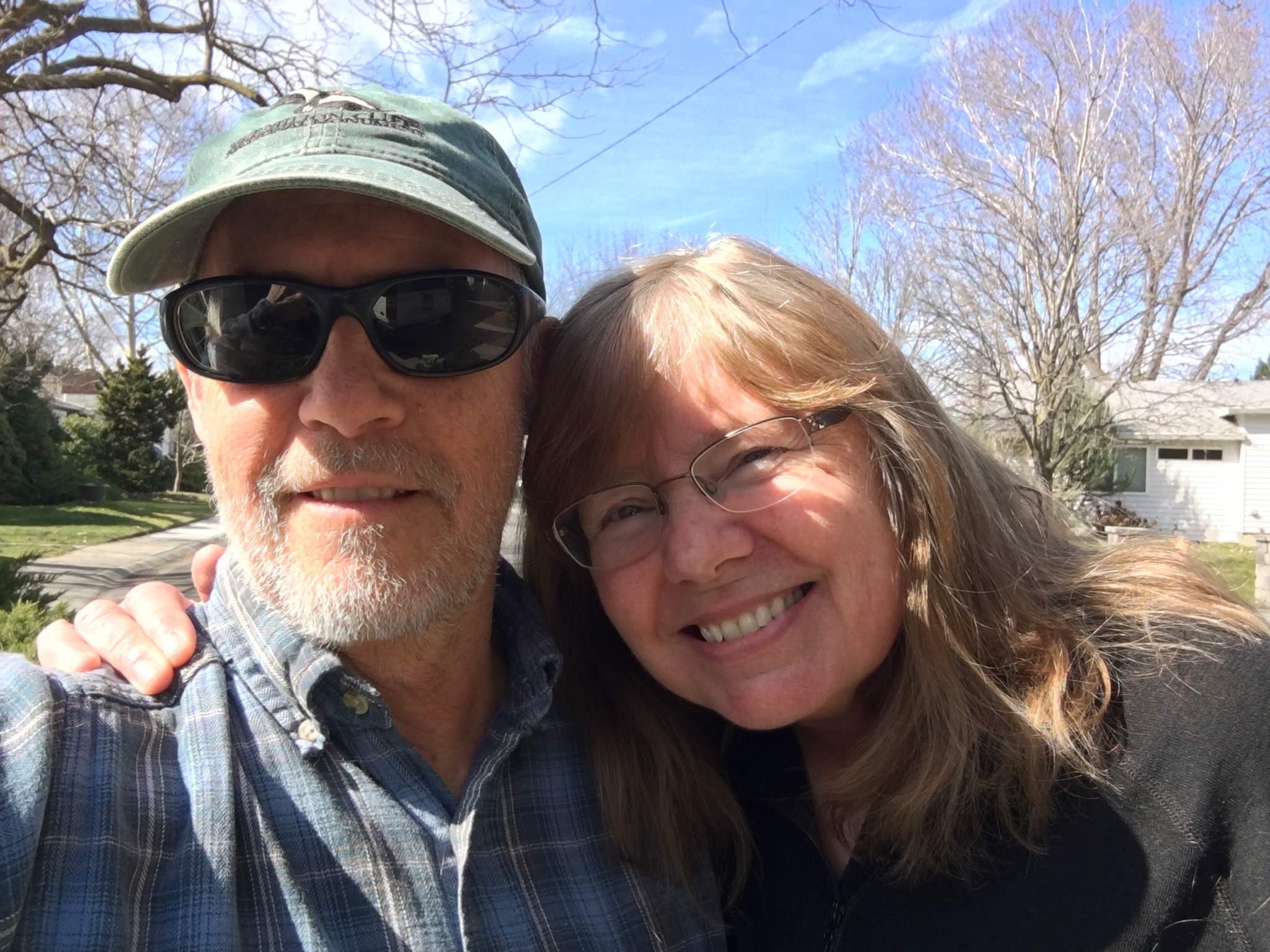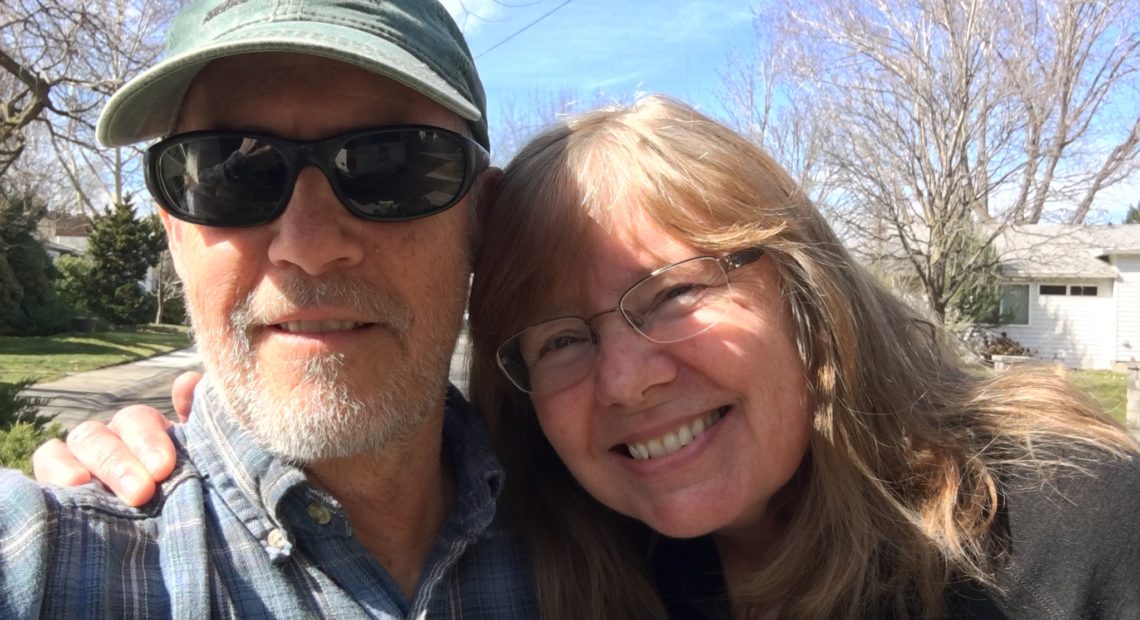
Tri-Cities Couple Share Their Experience With Self-Quarantine
Listen
Tri-Cities resident Bruce Bjornstad went skiing in Austria and traveled through Venice on Feb. 22 when the coronavirus started to soar in Italy.
Even though he doesn’t have and wasn’t diagnosed with COVID-19, the illness caused by the novel coronavirus, what he does have is the experience of self-quarantine — and a helpful partner.
Diana Moeller is a retired nurse who recommended Bruce self-quarantine. She spoke to the Massachusetts Department of Health, and they recommended those coming from Italy be treated like travelers from China.
“Diana had the house all ready for me,” Bruce said. “She basically went to stay with a friend. I stayed home alone.”
When Bruce needed supplies, Diana got them for him.
“She came by occasionally a few times and we met outside in the backyard and we both wore masks to protect ourselves,” he said. “She would bring over supplies as I needed them.”
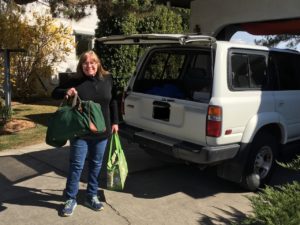
Diana Moeller moving back home after her partner, Bruce Bjornstad finished his self-quarantine. Courtesy of Bruce Bjornstad.
Bruce says he doesn’t need to socialize much, so the self-quarantine was relatively painless. But he does have suggestions.
“Stock up on supplies of things they will need. Recruit a friend or family member who can help them go get supplies and do day to day activities. Rely on your friends and family to help. No one should have to do that on their own.”
His partner Diana moved back in over the weekend. She has helpful advice to those who may need to self-quarantine.
First, she says, don’t panic. Know how much food you’ll need. Have plenty of cleaning supplies. Try to stay upbeat; it won’t last forever. And keep up with current suggestions for all types of quarantine, because recommendations may change.
While Bruce says he can be alone for long periods, he says he did get a little lonely.
“It was a little bit sad being here by myself but I knew it was the best thing for everybody.”
For information on how to self-quarantine and help prevent the spread of COVID-19, see these tips from the Centers for Disease Control and Prevention.
Related Stories:
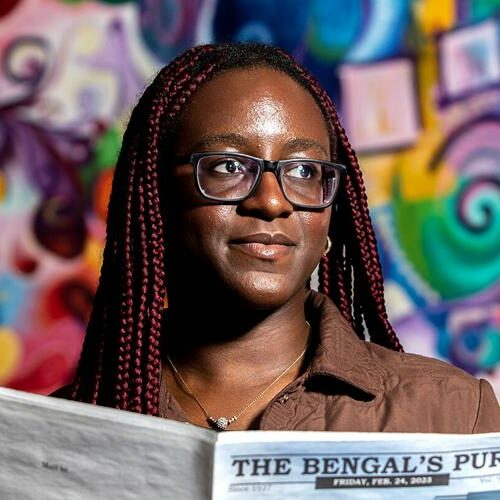
What we learned from COVID: Oluwaseyi Arogudade
When COVID-19 reached the Inland Northwest, few people could have predicted its profound changes. NWPB’s Rachel Sun interviews local residents about how the pandemic changed their mental health, lives and perspective. This is the first in a four-part mini series.
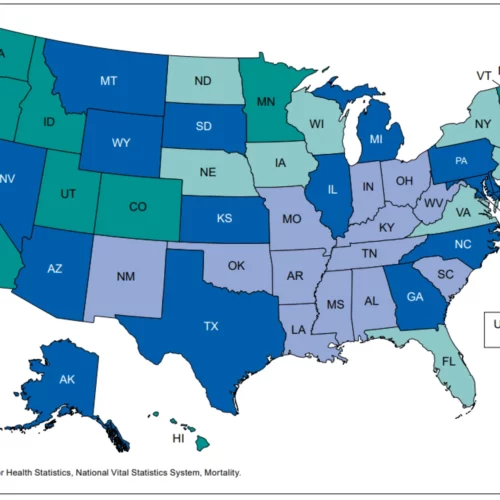
Washington And Oregon Among States With Longest Life Expectancy, But Pandemic Hurt
Washington and Oregon rank in the top ten states for the longest life expectancy, according to new numbers from the Centers for Disease Control and Prevention. The high rankings come with the caveat that the pandemic has thrown lengthening human lifespans into reverse across the U.S.
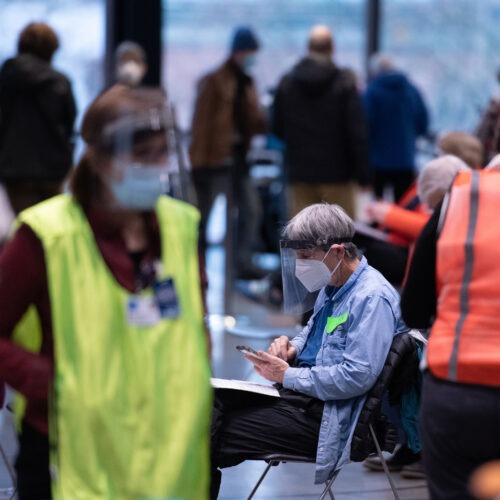
Experts Weigh In On 2nd Booster For 50+
The FDA has approved a 2nd COVID booster shot for people 50 and older CREDIT: Grant Hindsley/AFP via Getty Images Listen NWPB’s Rachel Sun talks to experts about the FDA

